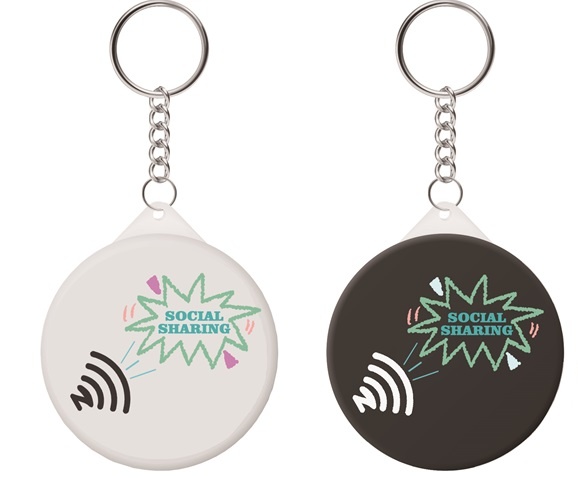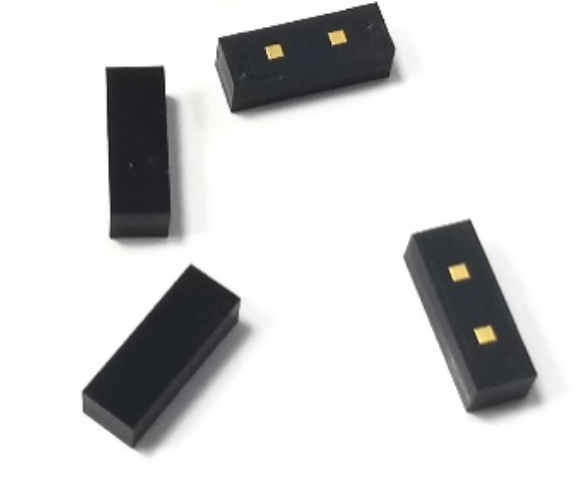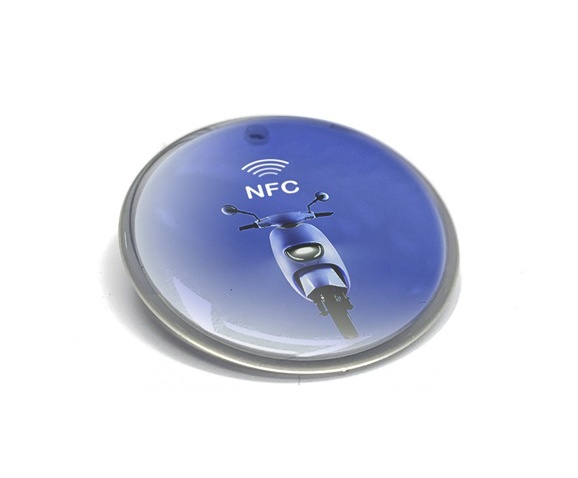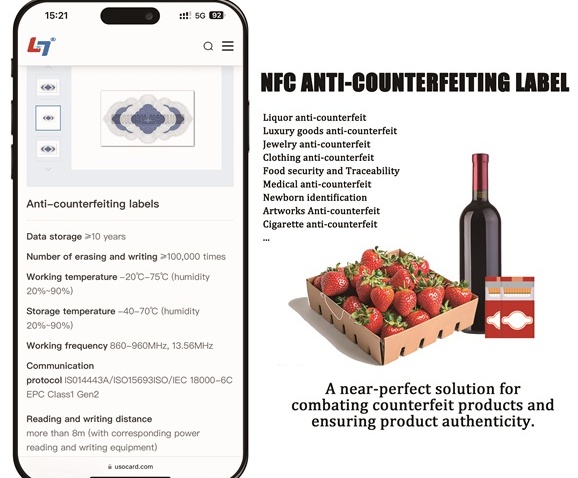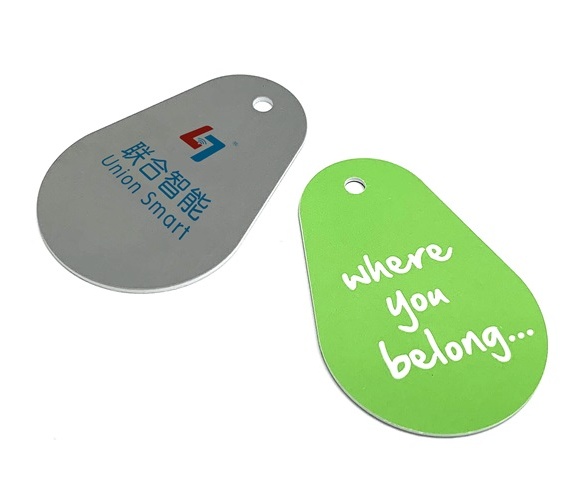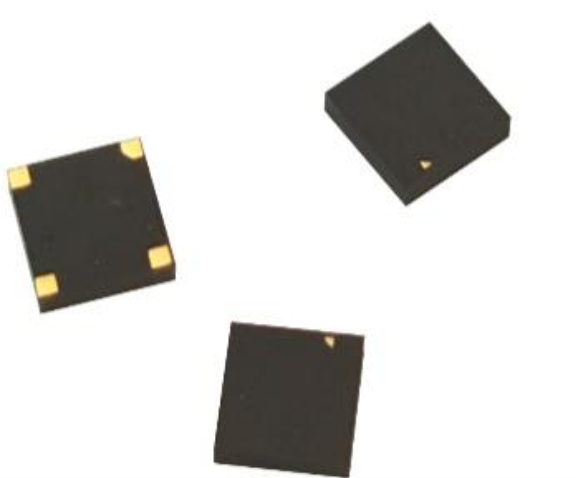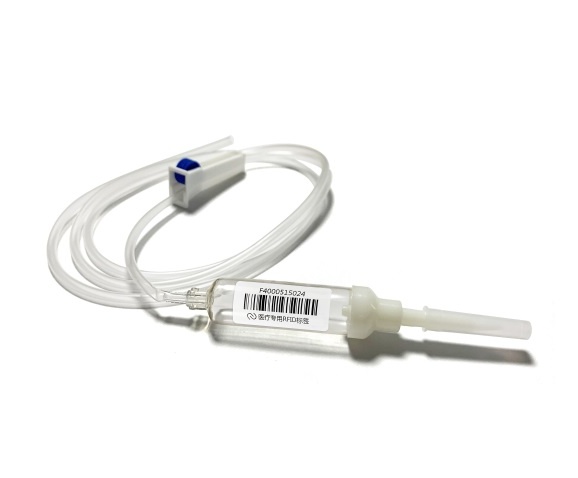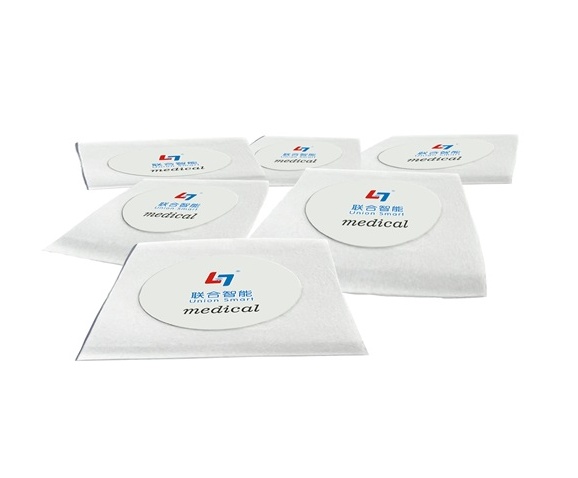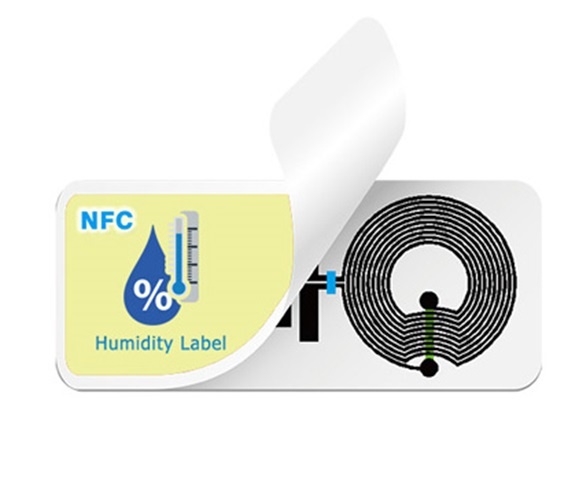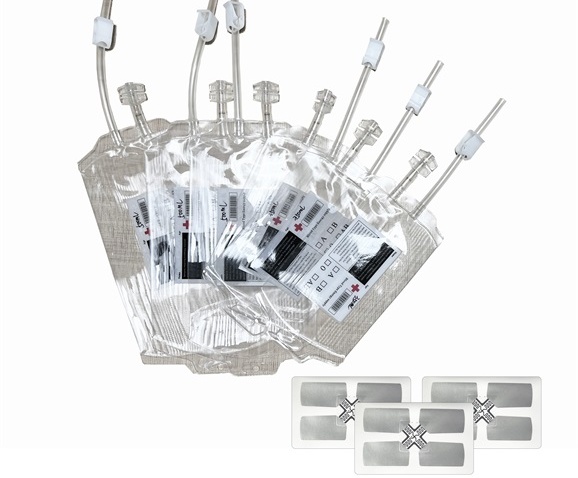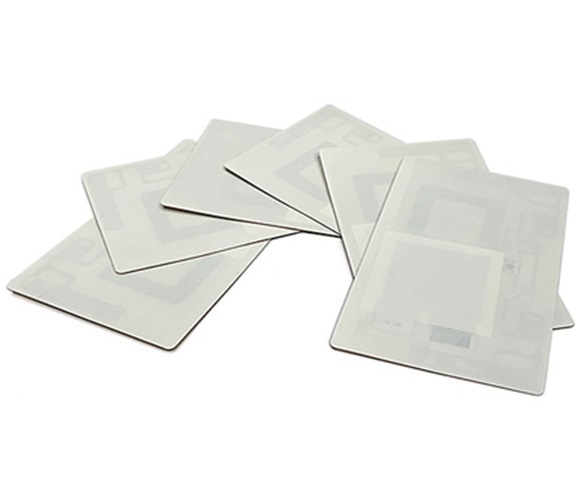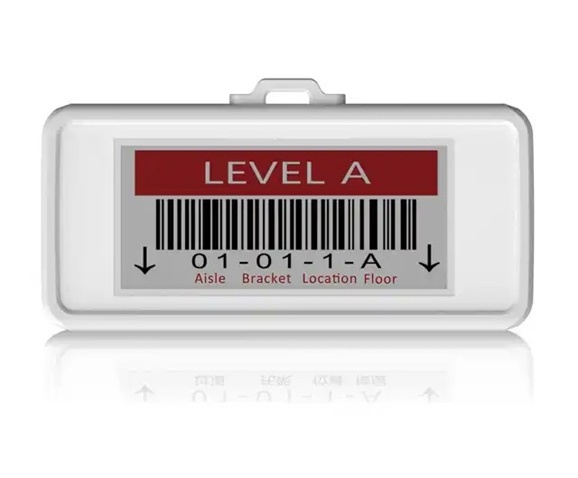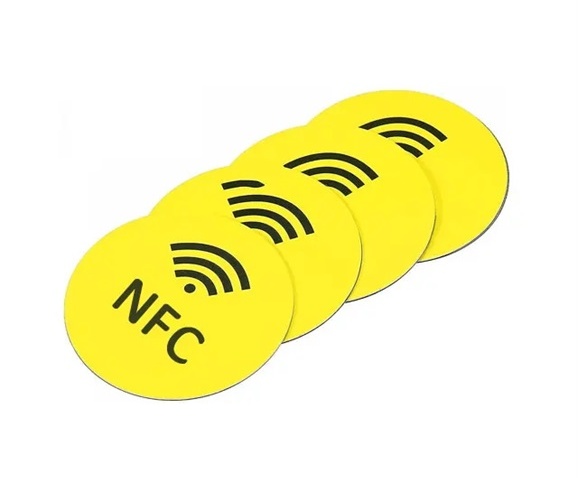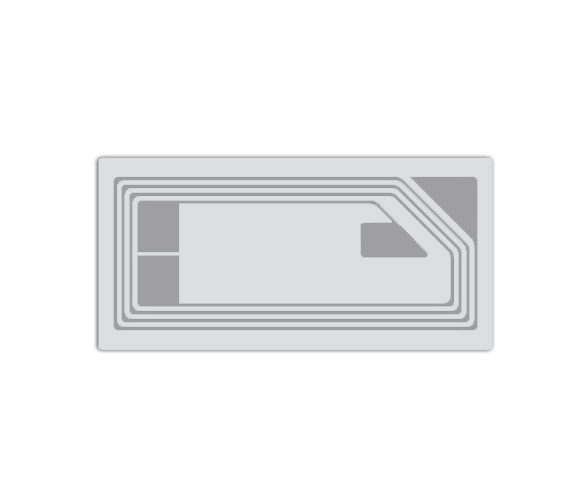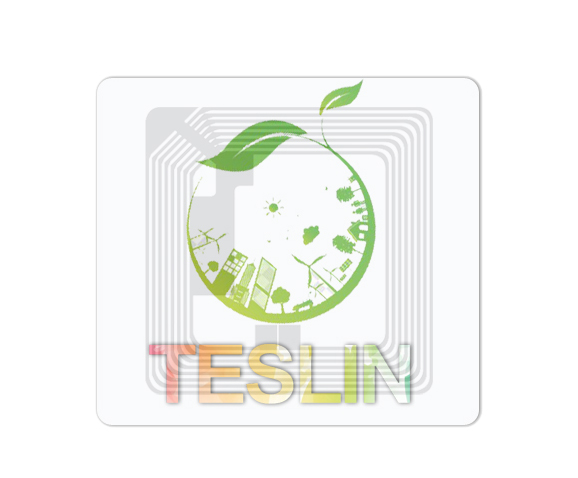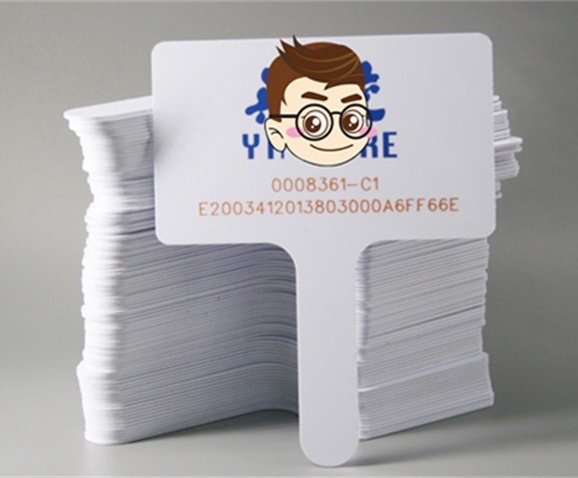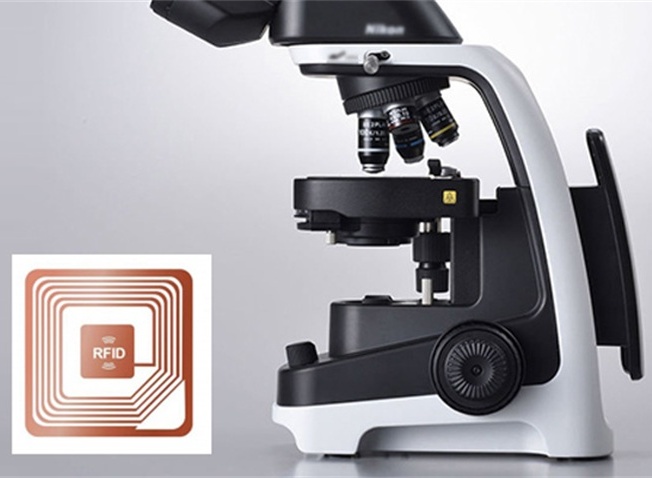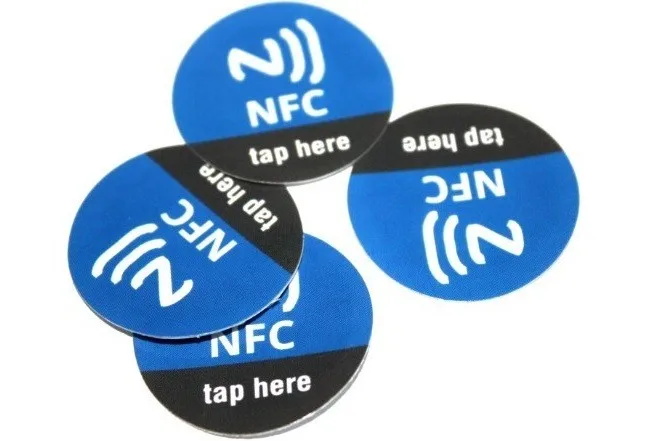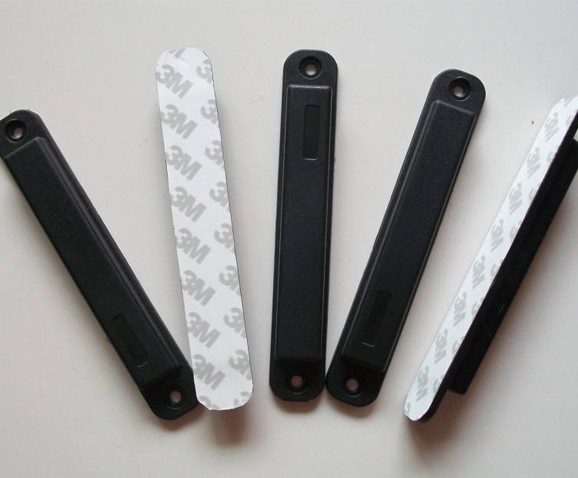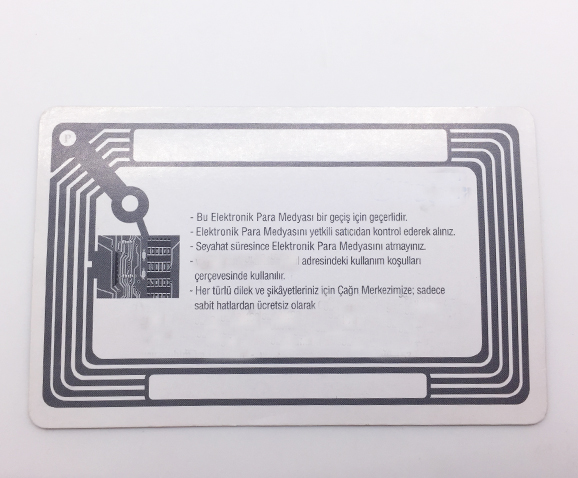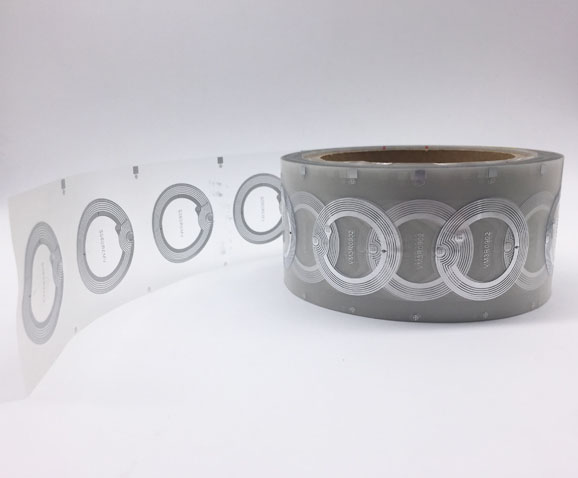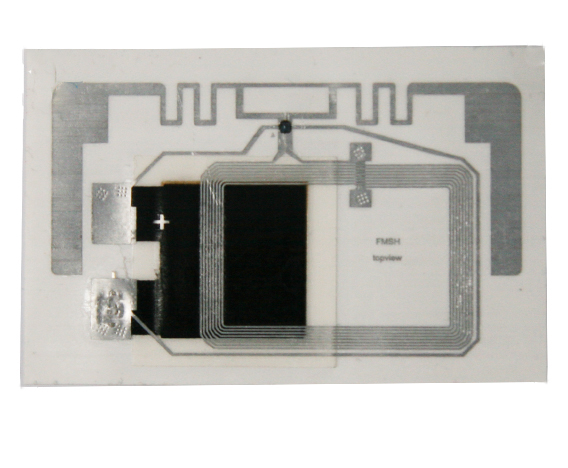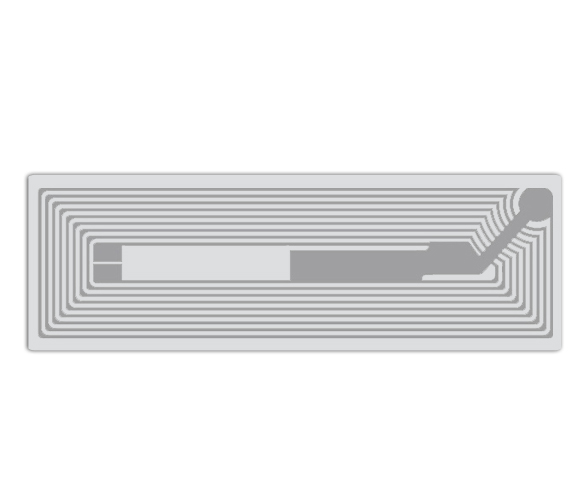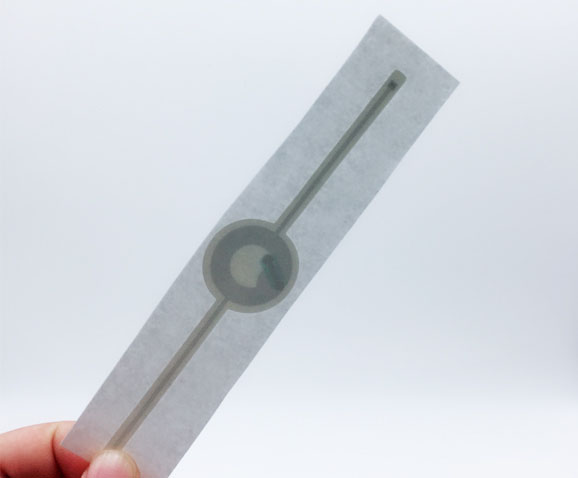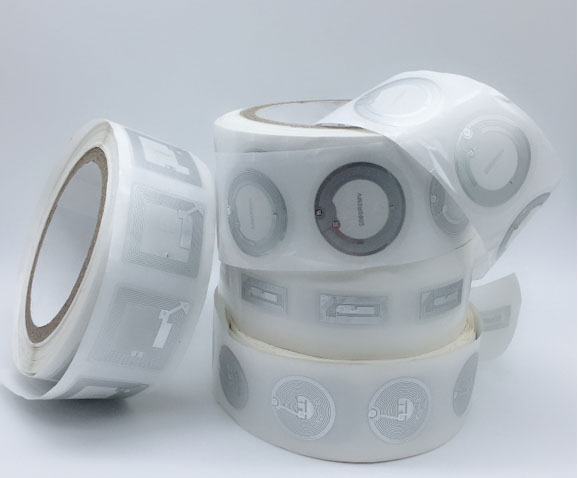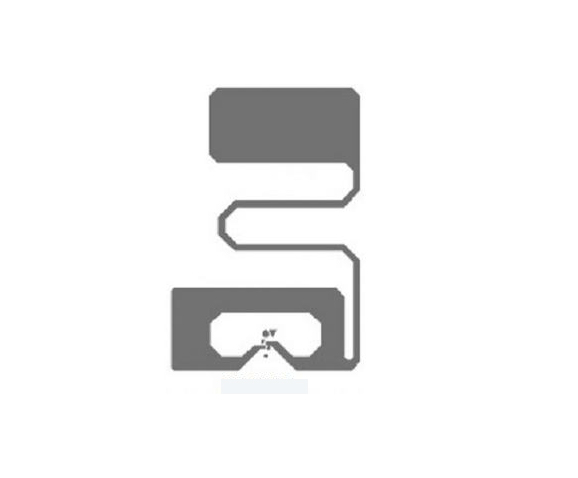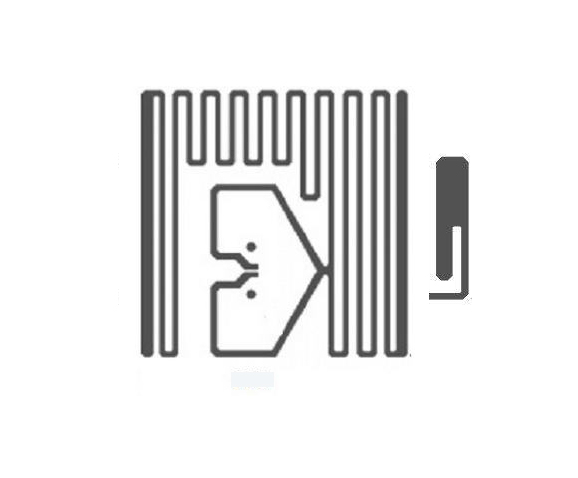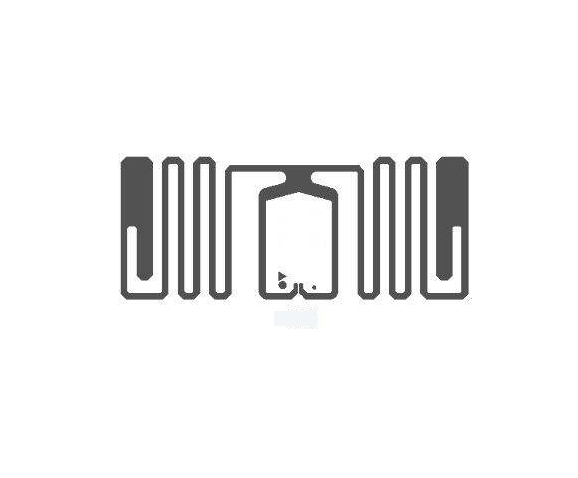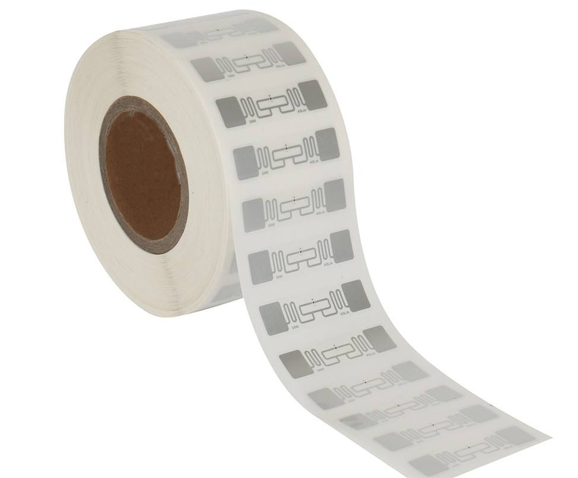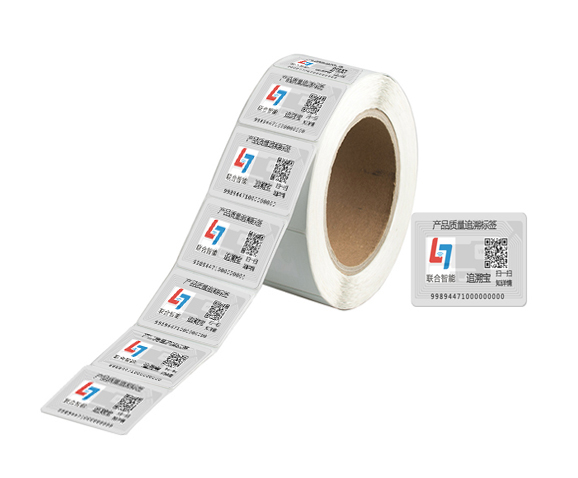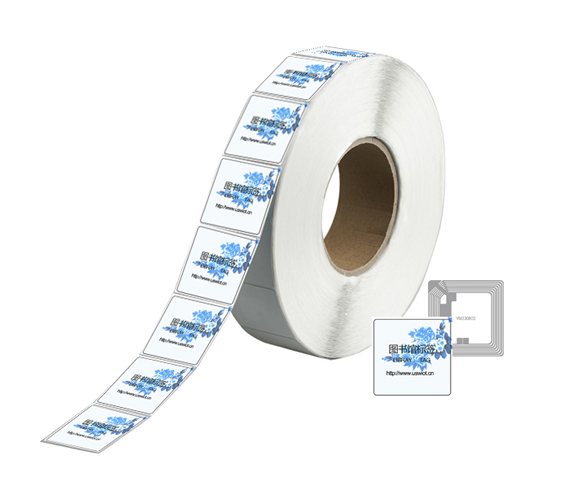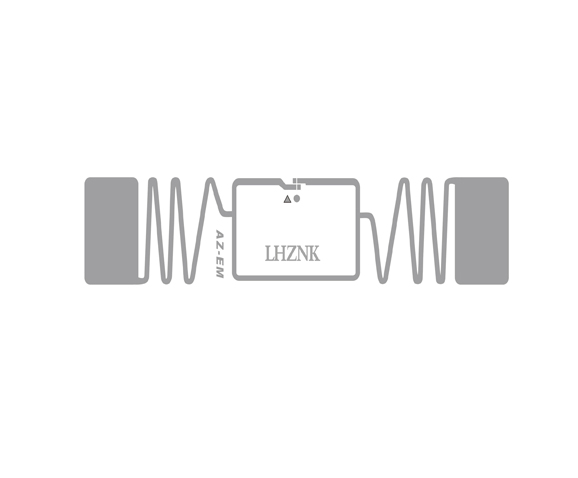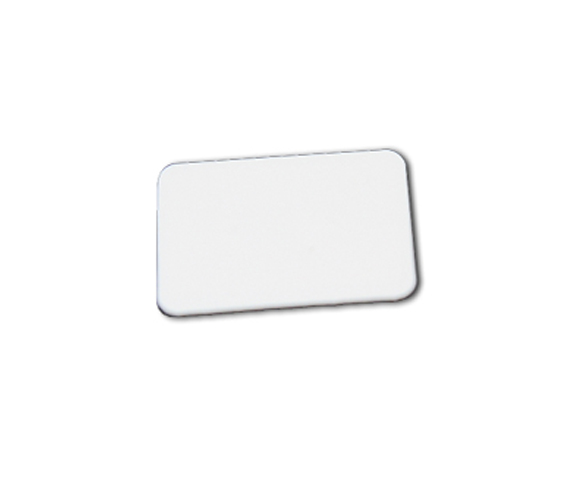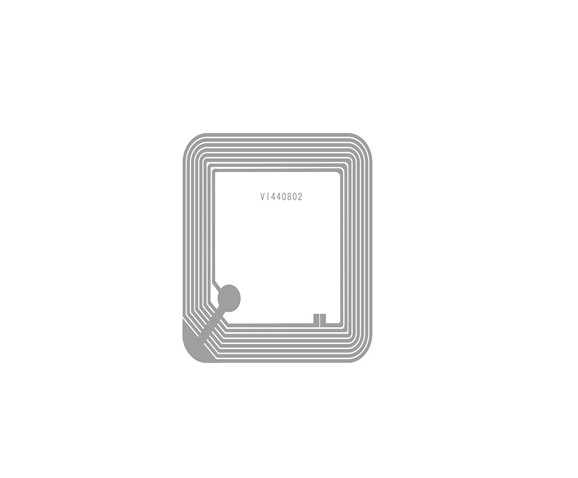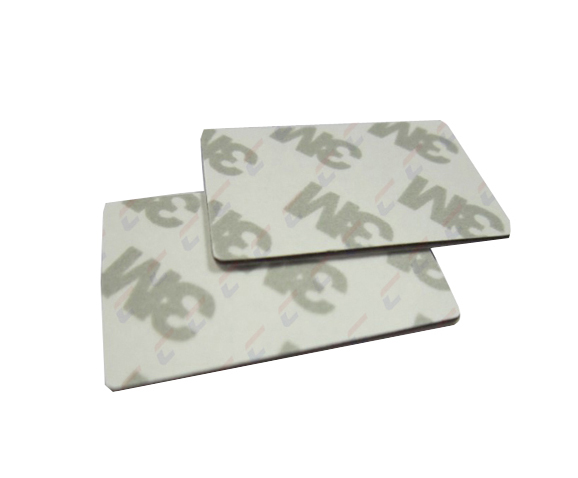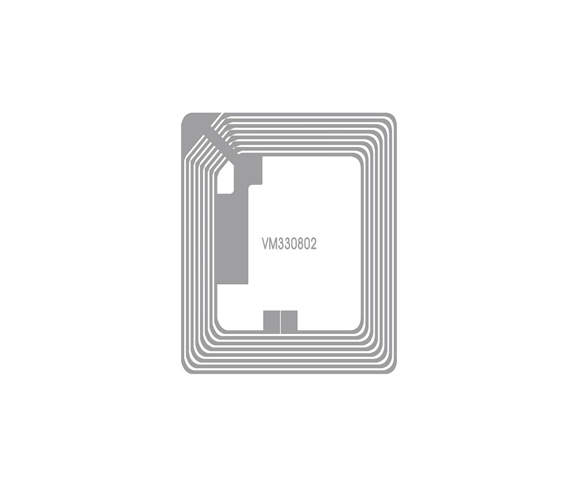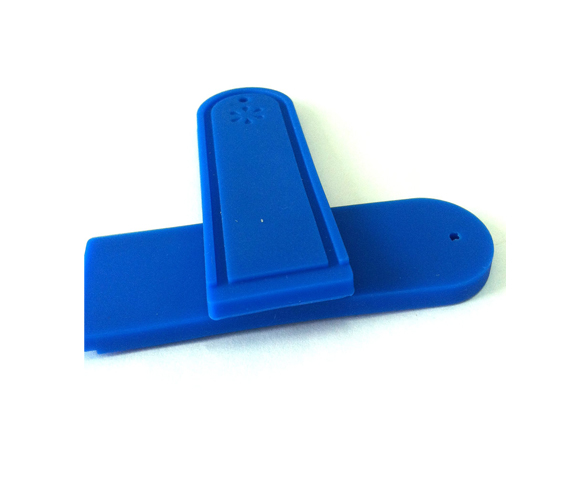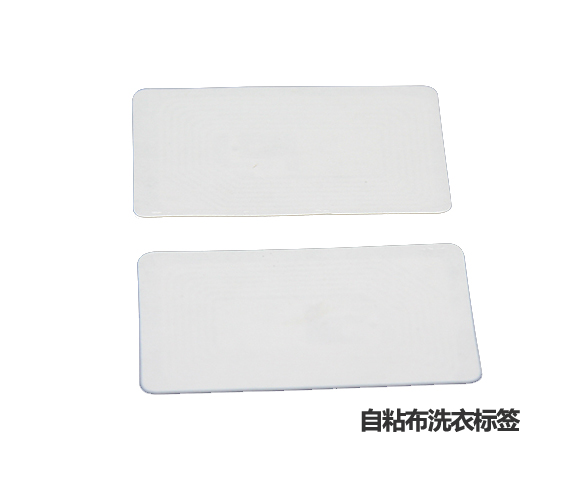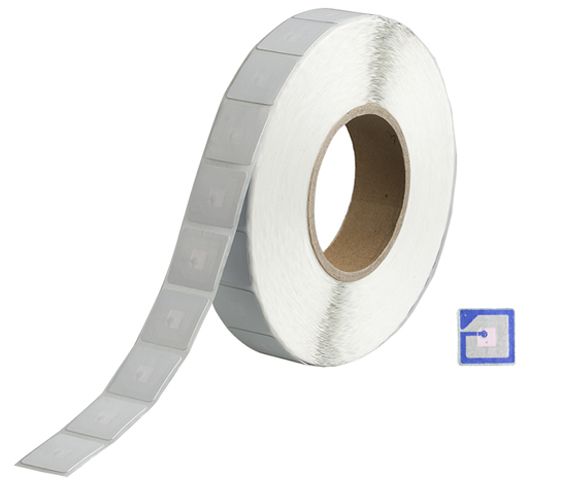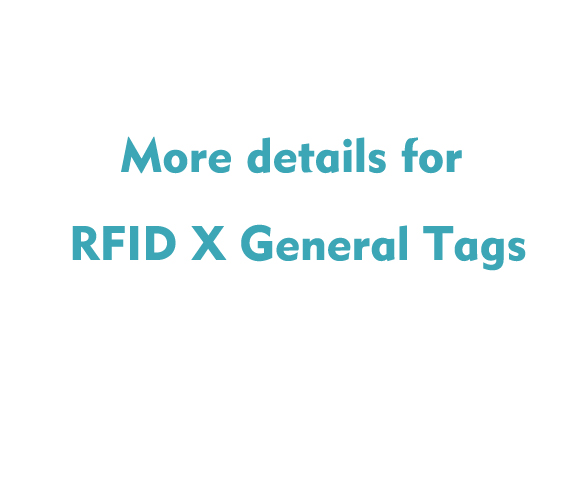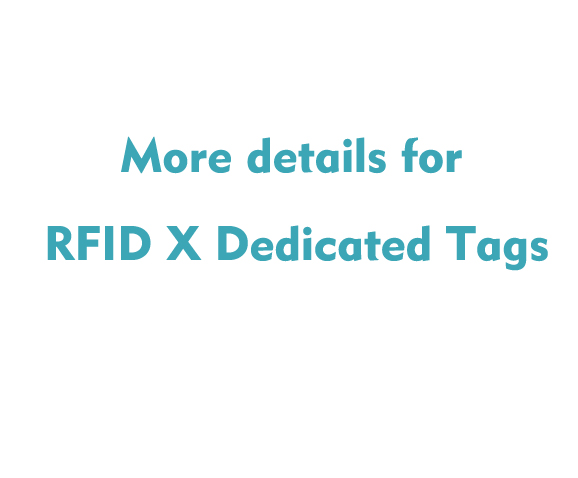Landline:+86-0775-84649797 Phone:+86 19926651112(Same WeChat ID)
Share:
Exploring the Power of RFID Tag Technology
In the ever-evolving landscape of modern technology, RFID (Radio Frequency Identification) tag technology has emerged as a game-changer, revolutionizing industries across the globe. With its ability to wirelessly identify, track, and manage assets, RFID tags have become a ubiquitous solution for businesses seeking efficiency and visibility in their operations. This article delves into the unique features and applications of RFID tag technology, showcasing its potential to transform industries and unlock new possibilities.
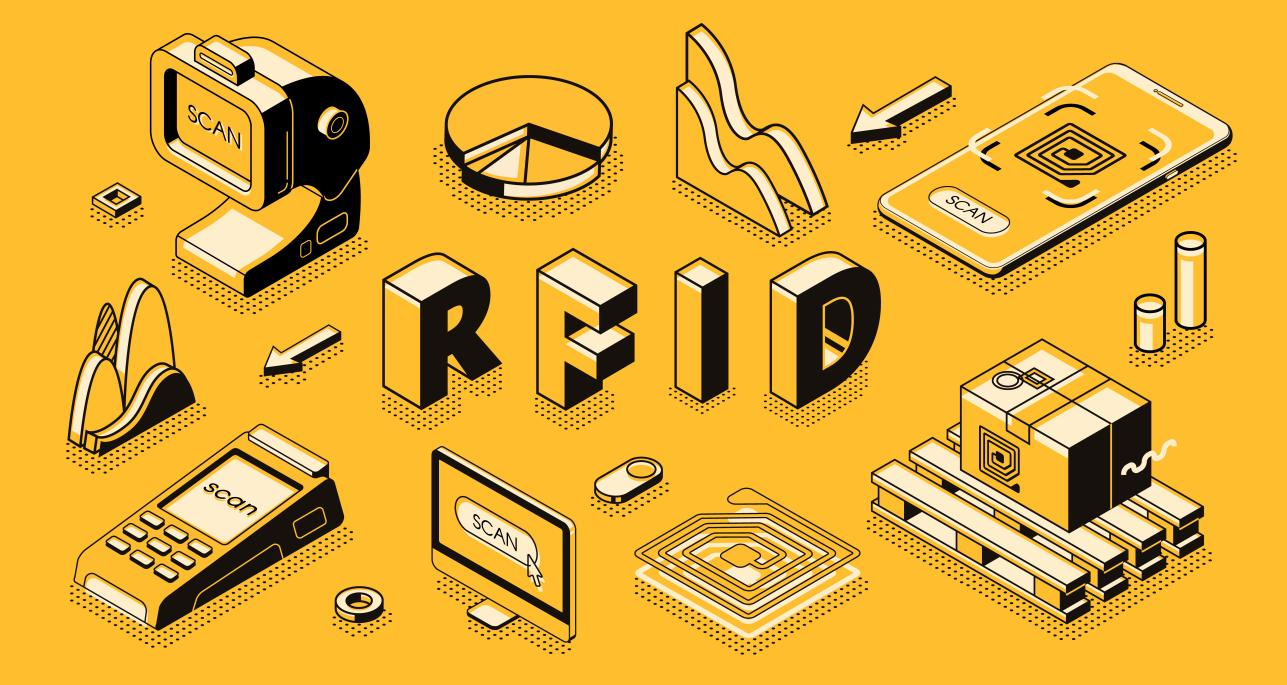
The Origin of RFID:
In 1937, the U.S. Naval Research Laboratory (NRL) developed the Identification Friend or Foe (IFF) system to distinguish between allied and enemy aircraft. This technology later evolved to become the foundation of modern air traffic control in the 1950s, marking the early emergence of RFID technology.
The Magic Behind RFID Tags:
Step into the world of RFID tags, where a microchip and an antenna collaborate to create a seamless wireless communication system. As an RFID reader emits radio frequency signals, the antenna on the tag captures the energy and activates the microchip. The microchip then transmits valuable information, such as unique identification codes or stored data, back to the reader. This contactless exchange of data enables swift and automatic tracking without the need for manual intervention.
Types of RFID Tags---Unlocking Versatility:
Explore the diverse range of RFID tags and their respective strengths:
a. Passive Tags: These tags draw power from the reader's signal, making them cost-effective solutions for inventory management and asset tracking.
b. Active Tags: Equipped with their own power source, active tags offer extended read ranges, making them ideal for logistics and large-scale tracking applications.
c. Semi-Passive Tags: Combining the best of both worlds, these tags utilize reader energy for communication while maintaining an internal power source for additional functionalities.
Transformative Applications:
Discover the transformative power of RFID tag technology across various industries:
a. Retail Revolution: RFID tags revolutionize inventory management, optimizing supply chains, and enhancing customer experience. For instance, a large retail store implemented E-ink tags in their system. These tags display real-time information, like prices and promotions, updating inventory data instantly. This prevents stockouts and improves supply chain visibility.
b. Healthcare Advancements: NFC tags enhance patient safety by accurately tracking medications and streamlining workflows in healthcare facilities. Imagine a hospital using NFC tags in their medication management system. Each package has an NFC tag with crucial information, ensuring accurate administration and reducing errors.
c. Logistics Optimization: Cold chain transportation tags improve efficiency by tracking and tracing shipments. Logistics company can use these Cold chain transportation tags to monitor temperature-sensitive goods in real-time, like food or medicine, ensuring product integrity.
d. Smart Access Control: Smart retail tags provide secure and convenient access solutions for buildings and restricted areas. In an office, employees use E-ink badge tags for entry, eliminating the need for key cards. Tags can grant specific access privileges, enhancing security and simplifying management.
e. Innovations Unleashed: RFID tags go beyond traditional applications, transforming industries like document tracking and livestock management. For example, a mail company uses RFID tags to locate and manage important files, while livestock farmers track animals for health monitoring and quantity management. Smart packaging solutions utilize RFID tags for real-time information of product on freshness and authenticity, to ensure consumer trust.
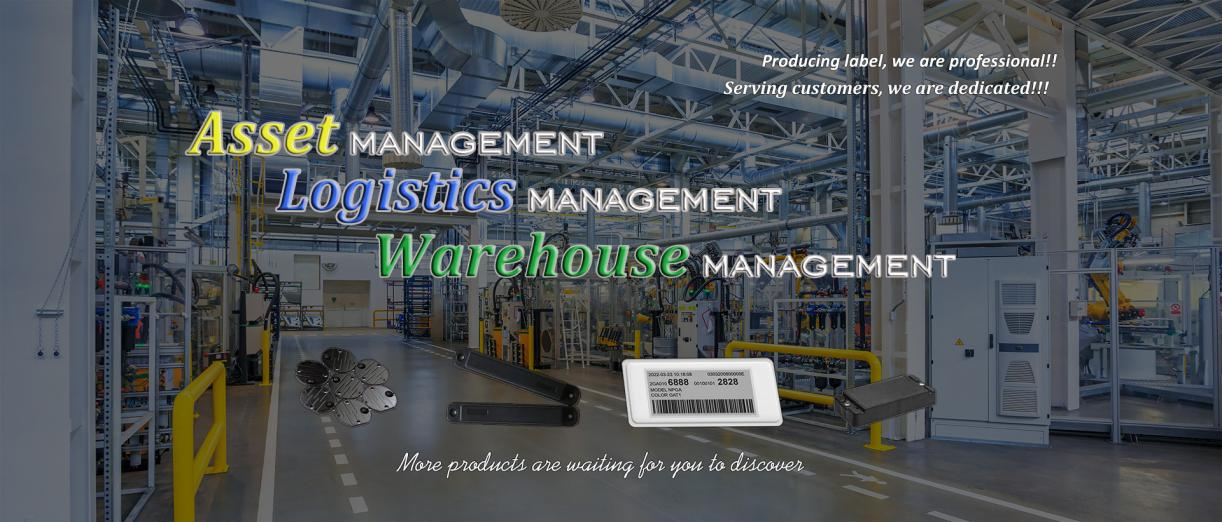
Embracing the Benefits, Addressing the Challenges:
Delve into the advantages and challenges associated with RFID tag technology:
a. Benefits: Enhanced operational efficiency, improved accuracy, streamlined processes, cost savings, and increased visibility are just a few benefits businesses can enjoy by adopting RFID tags.
b. Challenges: Overcoming limitations in tag read range, mitigating tag interference, and addressing data security concerns are crucial aspects to maximize the potential of RFID technology.
The application of RFID tags extends beyond what has been mentioned. The limitations do not lie in the capabilities of the tags, but rather in our imagination. RFID tag technology has emerged as a transformative force, empowering industries to unlock efficiency, enhance visibility, and streamline operations. As businesses embrace the power of RFID tags, they open doors to unprecedented opportunities for growth and innovation. With continued advancements, the future holds endless possibilities for RFID technology, promising to reshape industries and drive progress in untapped domains. Embrace the possibilities; embrace the power of RFID tag technology.
Start With Union Smart--Enjoy The Smart Life! As a company integrating production and sales, our company and factory encompass a total area of 10,000 square meters. With 13 years of experience in manufacturing and selling smart cards and labels, we have established a diverse product lineup that includes a wide range of smart cards and tags. We are committed to continuously improving and believe that our unwavering dedication will allow us to provide a smarter and more environmentally friendly lifestyle to an ever-expanding user base.
Inquiry


